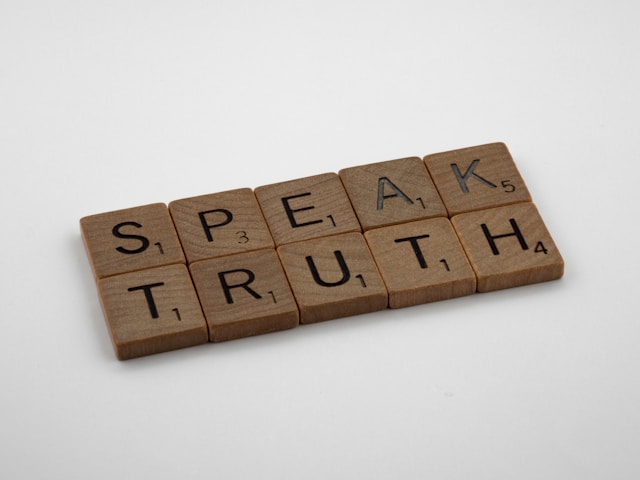Self-honesty is the cornerstone of personal development and integrity. Yet, we often fall into the trap of deceiving ourselves, believing in altered versions of reality that offer short-term comfort but prevent us from addressing important truths about our actions, health, and decisions. In this article, I will explore some key aspects of personal honesty, sharing reflections from my own journey in this direction.
Facing Self-Deception
Being honest with ourselves may seem straightforward, but in practice, it involves significant psychological challenges. For instance, we often avoid admitting our harmful habits or justify damaging behavior towards others. This is because self-deception often stems from a desire to avoid pain or the fear of facing our weaknesses and flaws.
A clear example of this could be someone who knows they need to exercise more for their health but constantly tells themselves they "don't have time" or they'll "do it tomorrow." Acknowledging the reality that they are deceiving themselves is an act of bravery that will open the doors to change.
Dimensions of Personal Honesty
-
Self-Awareness: Recognizing that we all have a tendency towards self-deception is an important first step. Understanding this as a natural characteristic of the human condition helps us be more compassionate with ourselves during this process.
-
Deep Self-Reflection: What aspects of your life could benefit from a more honest and compassionate look? Spend time closely observing your thoughts, emotions, and actions, and reflect on how they align (or don't) with your values and goals.
-
Compassionate Acceptance: Accepting our strengths and weaknesses is crucial. Acceptance doesn’t mean resignation, but acknowledgment of our humanity and a starting point for change. When we embrace our traits with self-compassion, we open the door to improvement and growth.
-
Seeking Perspectives: Sometimes, we need the objective view of close and trusted individuals. They can offer us insights into ourselves that we might not see. Being open to receiving feedback, even if it's uncomfortable, allows us to have a more accurate picture of who we are.
-
Setting Realistic Goals: Being honest about where we stand allows us to chart realistic and achievable personal growth plans. Avoiding self-deception helps us set goals that truly inspire and motivate us.
The Ongoing Path of Honesty
Learning to be honest with ourselves is a continuous process, not a final destination. It involves always being willing to confront our truths, forgive ourselves, and keep moving forward. This path not only improves our own lives but also positively impacts those around us, allowing us to be more authentic, empathetic, and responsible.
Conclusion
This article reflects my own exploration of personal honesty and is intended to share reflections that I hope will be valuable. Each of us is on our own journey, and what I share here is part of mine. I invite you to consider your own path towards self-honesty, with curiosity and compassion as guides. Together, we can free ourselves from the bonds of self-deception and open the doors to genuine growth and development.
Photo by Brett Jordan on Unsplash
